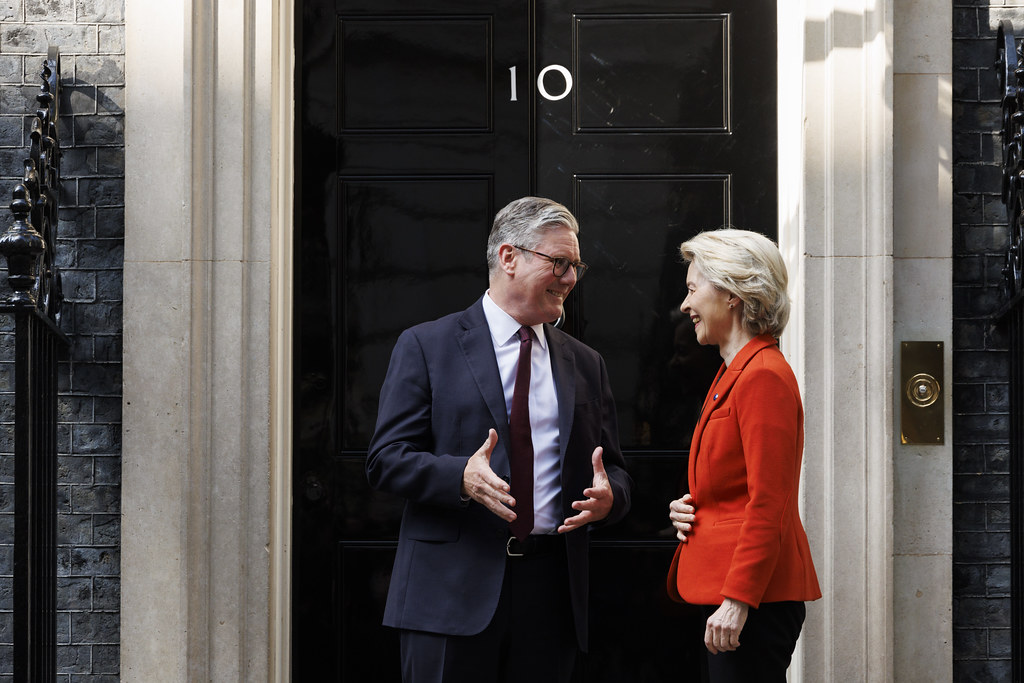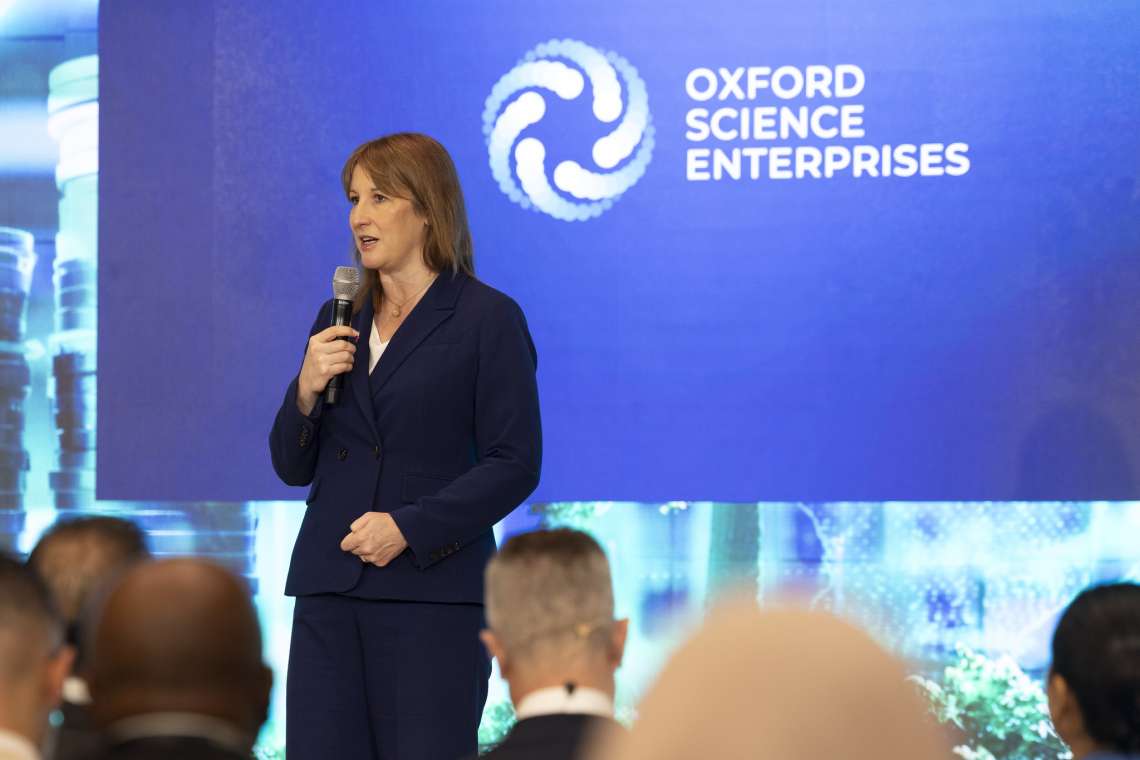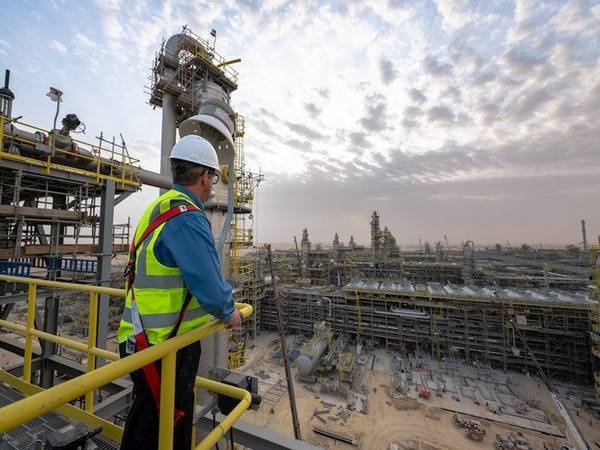The central bank, led by Christine Lagarde, is widely tipped to approve another hike in a bid to make spending more expensive…reports Asian Lite News
Inflation in the euro zone receded for the third month in a row in January, according to preliminary data from Eurostat released on Wednesday.
Inflation in the twenty countries using the single currency is projected to have slipped to 8.5% year-on-year in January from 9.2 % in December. The first decline was seen in November although it was still above the 10% threshold after reaching a record-high the month before.
Energy continued to be the biggest driver of inflation last month with a year-on-year bump of 17.2% but prices have significantly lowered in recent months.
This is attributed to milder-than-user temperatures in the autumn and early winter, well-stocked gas storages and energy-saving plans across the 27-country bloc which have seen gas prices slip to levels not seen since Russia invaded Ukraine nearly a year ago.
Still, inflation remains four times above the 2% target set by the European Central Bank and whose governing body is to convene in Frankfurt on Thursday to decide whether to operate yet another interest rate hike to tackle the issue.
The central bank, led by Christine Lagarde, is widely tipped to approve another hike in a bid to make spending more expensive.
Despite the overall fall, two countries actually saw inflation increase.
The rates in Estonia and Latvia are projected to have risen to 18.8% and 21.6% respectively, up from 17.5% and 20.7% in December. Fellow Baltic state, Lithuania, has the third highest rate at 18.4%, down from 20.0% the month before.
The Baltics are particularly vulnerable to volatility in energy prices because of their previous exposure to Russian supplies, which they cut after Moscow launched its war in Ukraine. But the three small countries already had high inflation before the invasion due to supply-and-demand issues linked to the COVID-19 pandemic.
Meanwhile, Spain (5.8%), Malta (6.7%) and Cyprus (6.8%) have the lowest rates across the bloc.
Like energy, prices for non-industrial food and services are forecast to have receded slightly but those of food, alcohol and tobacco actually increased with the annual inflation rate seen at 14.1% compared to 13.8% in December.
Core inflation, which excludes energy and food prices because of their volatility and is therefore seen as a more accurate depiction of the state of the economy, is stable month-on-month at 5.2%.
ALSO READ-Biden ‘not sure’ about his Europe trip on war anniversary














